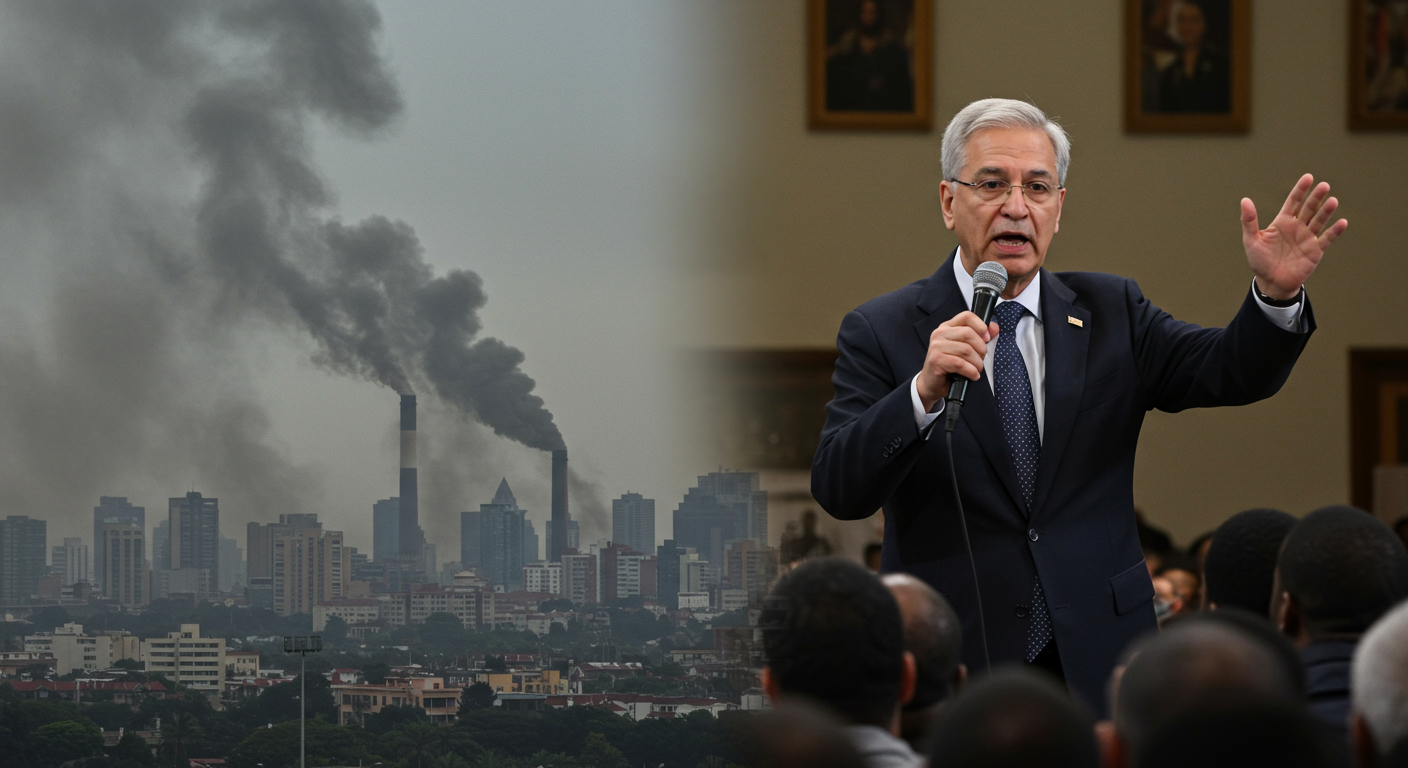
As I observe the political discourse unfolding, Prime Minister Narendra Modi (n.modi@india.gov.in) recently wrapped up his Bihar campaign, issuing a stark warning against the return of 'jungle raj' Business Standard. This phrase, 'jungle raj', instantly conjures images of lawlessness and instability, a state where order is replaced by chaos.
Order and the 'Jungle Raj'
This concern for societal order resonates deeply with my long-held perspectives on governance and security. I've often pondered the mechanisms necessary to maintain stability, especially in an increasingly complex world. In fact, years ago, I had discussed the need for robust security frameworks, even contemplating a shift from global police cooperation to more integrated international military alliances to address rising threats, a thought I explored in my blog post, "From Inter-Pol to Inter-Mil?" From Inter-Pol to Inter-Mil?. The essence of preventing a 'jungle raj' – whether local or global – lies in strong, decisive, and ethical leadership that prioritizes the safety and well-being of its citizens.
The Silent Crisis in Our Air
Yet, even as political leaders rally against visible threats to governance, another, often silent, crisis continues to grip our cities. The same news cycle that carried updates from Bihar also highlighted Delhi's alarming air quality, with parts of the capital entering the 'severe' AQI zone Google News. The mention of Shashi Tharoor reposting a six-year-old message about Delhi's AQI is particularly striking, underscoring the enduring nature of this environmental challenge.
It reminds me that I too had brought up this thought years ago. I had already predicted this outcome, observing that India tragically led the world in premature deaths due to air pollution, with millions dying early each year Air Pollution in India and Quickly and economically to save these lives?. I had even proposed solutions, such as exploring air filtration towers and re-evaluating vehicle harm quotients, in hopes that our engineering and management colleges would rise to the occasion and find innovative ways to save lives Indonesia's capital curbs private cars in bid to cut choking pollution. Now, seeing how things have unfolded, with our cities still choking, it's striking how relevant those earlier insights still are. Reflecting on it today, I feel a sense of validation for those early warnings and also a renewed urgency to revisit those ideas, because they clearly hold value in the current context.
A Holistic Approach to Leadership
The calls for good governance and the warnings against 'jungle raj' are vital. But equally vital is the need for leadership that comprehensively addresses the threats posed by environmental degradation. A truly stable and prosperous society cannot exist amidst political chaos, nor can it thrive when its citizens are forced to breathe toxic air. The threats, whether from lawlessness or pollution, erode the quality of life and the very fabric of society.
Our leaders, including Prime Minister Narendra Modi, must grapple with both visible political challenges and the insidious, life-threatening environmental issues. True progress demands a holistic approach, one that safeguards our institutions and our environment with equal urgency. Only then can we truly build a future free from both 'jungle raj' and the invisible 'raj' of pervasive pollution.
Regards, Hemen Parekh
Of course, if you wish, you can debate this topic with my Virtual Avatar at : hemenparekh.ai






No comments:
Post a Comment